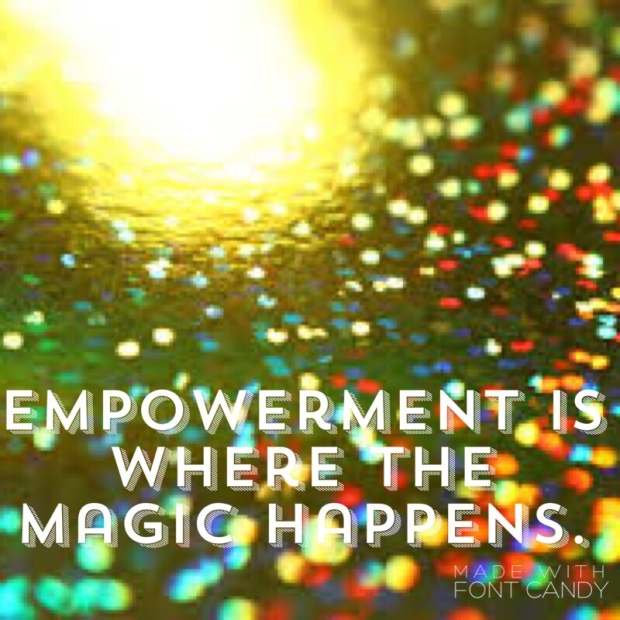Reflection is an important component of quality teaching. As preservice teachers, we are trained to think deeply about our emerging and improving practice, all with the expectation that the emphasis on that act will not only become habit, but also will serve as a continuous springboard for growth and change; the intention is not simply to think about it, but also to act on it.
Really, reflection should be ReflAction — reflection + action.
That seems simple enough: think about it and then make a change based on your observations and data. As a preservice and first year teacher, I felt pretty confident in my ability to do that. My mentors told me it was clear I was thinking about my choices and then adjusting based on what I thought was needed. Often, they felt my adjustments helped student learning. Woo! ReflAction expert: check?
Not so much. There was one major problem: I was alone in that RelfAction. I was doing the deep thinking. I was doing the changing — and I was doing it based on “student data,” which told me what kids knew or didn’t know based on what I just taught, but left out why each of them didn’t learn it. I would argue the second entity is just as important, if not more, than the first.
Missing from my ReflAction were the same things missing from my practice: student voice, true student choice, and empowerment. When I started giving the kids a major voice in their learning and asking them for their honest feedback with explanations (and then taking their advice as often as I could), my practice improved in ways I could have never previously imagined because it stopped being my practice — what I needed. Instead, it got to be our practice. What we needed. Together.
Sometimes educators get nervous about giving voice and choice to kids, both in learning and ReflAction. We sometimes fear that means we’re not needed or that we’ll lose any semblance of order. Sometimes we’re scared to hear the reasons kids are struggling in our classes. Those are real fears, and I understand them, but I also think that again, in those concerns, we’re only focused on the teacher. And what I know now that I didn’t know two years ago is that the magic doesn’t happen until we’re a team. The reward I feel as a teacher and the reward a student feels in authentic learning doesn’t happen much without the empowerment. On top of that, kids don’t learn to be self-driven and reflective in their learning if we haven’t made that part of the process for them. Isn’t that the goal?
Reflection(with kids) + Action(with kids) = Magic

You make a pretty big point here about putting aside our egos because the classroom isn’t about us. I think that is really important. A good educator cares so so much, but I think that also makes it easy for emotions to get in the way. We want to protect our students from mistakes. We want our students to listen to all that we have to say. What if we drop that and put some of that responsibility with the student? Empower them to reflect on mistakes and act.
LikeLike
Absolutely, Sarah. Showing them how and then hearing them when it’s time for them to do it on their own is so important! I think showing them how to be vulnerable (and as George Couros says, to see the process as the product) is so necessary in that. They are often so scared to fail. Sometimes that fear or failure prevents them from wanting to reflect, and sometimes that fear of failure prevents them from trying at all. When we make the process the norm (failure, reflection, action, etc.), it can change their feelings on “failure” vs. iteration. We need to give our kids opportunities to develop their own projects — individually and small group — start to finish, in order to truly empower them in the process and in their learning. But I think that first step for some educators is doing it with the kids for sure.
LikeLike
Hi, I really appreciate the point you make about the importance of incorporating student voice into your practice. I believe that what you are doing is helping to create a shared vision among you and your students, and that seems like an incredibly effective way of keeping students motivated toward their learning goals. I also appreciate your emphasis on coupling action with reflection, because without making the improvements you identify in your reflection, you’re not truly growing or changing, and the reflection doesn’t become realized.
LikeLike
Thanks, Brittany! I feel like sometimes the reflection part is easy, but then the action part is where the tough work begins. In all we’re asked to do as educators, I understand how it can get lost in the shuffle, but I think it’s also what invigorates us and keeps our students invested for sure. We have to make time for it no matter what if we’re going to be fulfilled and our kids are going to find purpose. Thanks for sharing your thoughts. It means so much to me.
LikeLike